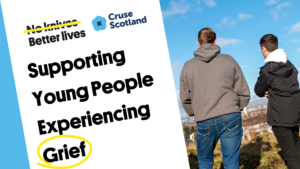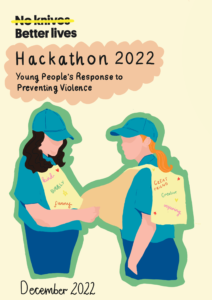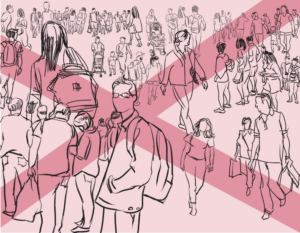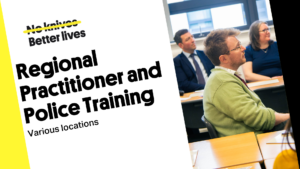We Need to Talk About Aces...but Other Things Too
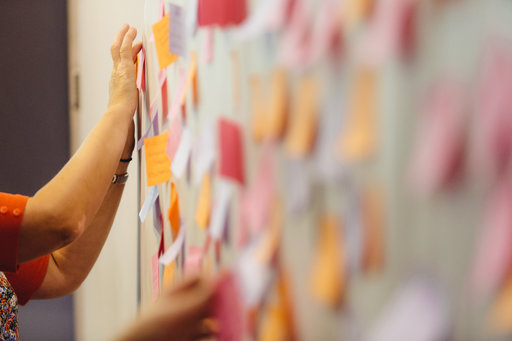
13 Sep 2018
by Orielle, Uncategorized
It seems that everyone is talking about Adverse Childhood Experiences (ACEs). On Twitter, at conferences, in the office, in Parliament and even on film. This is a good thing. The more people that recognise the long-term impact that childhood neglect, abuse and trauma can have, the better.
At CYCJ we are also talking about Adverse Childhood Experiences. Our interest in Adverse Childhood Experiences stems from our aim to ensure that children are safe, nurtured and given every opportunity to flourish in life. However, we are also interested from a justice perspective. Research has shown that exposure to Adverse Childhood Experiences is associated with an increased risk of violence, both as a victim and a perpetrator. In Wales it has been estimated that preventing Adverse Childhood Experiences in future generations could reduce levels of violence perpetration by 60%, violence victimisation by 57% and imprisonment by 65%.
It was therefore important to us that we better understood the experiences of children who are presenting with challenging behaviours. And so our research study was born. We looked at the backgrounds of 130 children from Scotland who were perceived to be at risk of serious harm to other people (and to themselves), as a result of serious violent, sexual or extremist behaviours.

What did we find?
The levels of adversity in our sample were very high and outstripped that found in the general population. In general population studies, the percentage of people with four or more Adverse Childhood Experiences tends to be between 6% and 14%. In our sample it was 59%. The most common Adverse Childhood Experiences were parental separation, domestic violence and emotional neglect.

Our research also raised more questions than it answered. The girls in our highly vulnerable sample were exposed to significantly more Adverse Childhood Experiences than the boys (although there were not very many girls in the sample). But this doesn’t necessarily mean girls are more victimised. Boys had higher exposure to really common childhood experiences such as parental separation, and seemed to come into contact with the system at much lower levels of adversity. We wondered how gender might interact with how children, and the systems and professionals around them, respond to adversity in childhood, and think this is an area worthy of further research.

But it is about more than ACEs
While it is encouraging that everyone is talking about Adverse Childhood Experiences, we also need to acknowledge that there are limitations to simply ticking boxes, or calculating an ‘ACE score’. I’ve outlined some of these limitations previously in a CYCJ blog and so won’t go into too much detail here. But suffice to say there are other important questions to be asking, including: what other experiences are relevant? It may surprise you that bereavement isn’t officially classed as an ACE, and I’m sure if we asked children directly then they would mention many others too. Bullying? Being in care? And the most important question of all should be: what can we do about ACEs? It’s positive to see research, policy and practice discussions starting to head in that direction.
You can read CYCJ’s full research report here.
